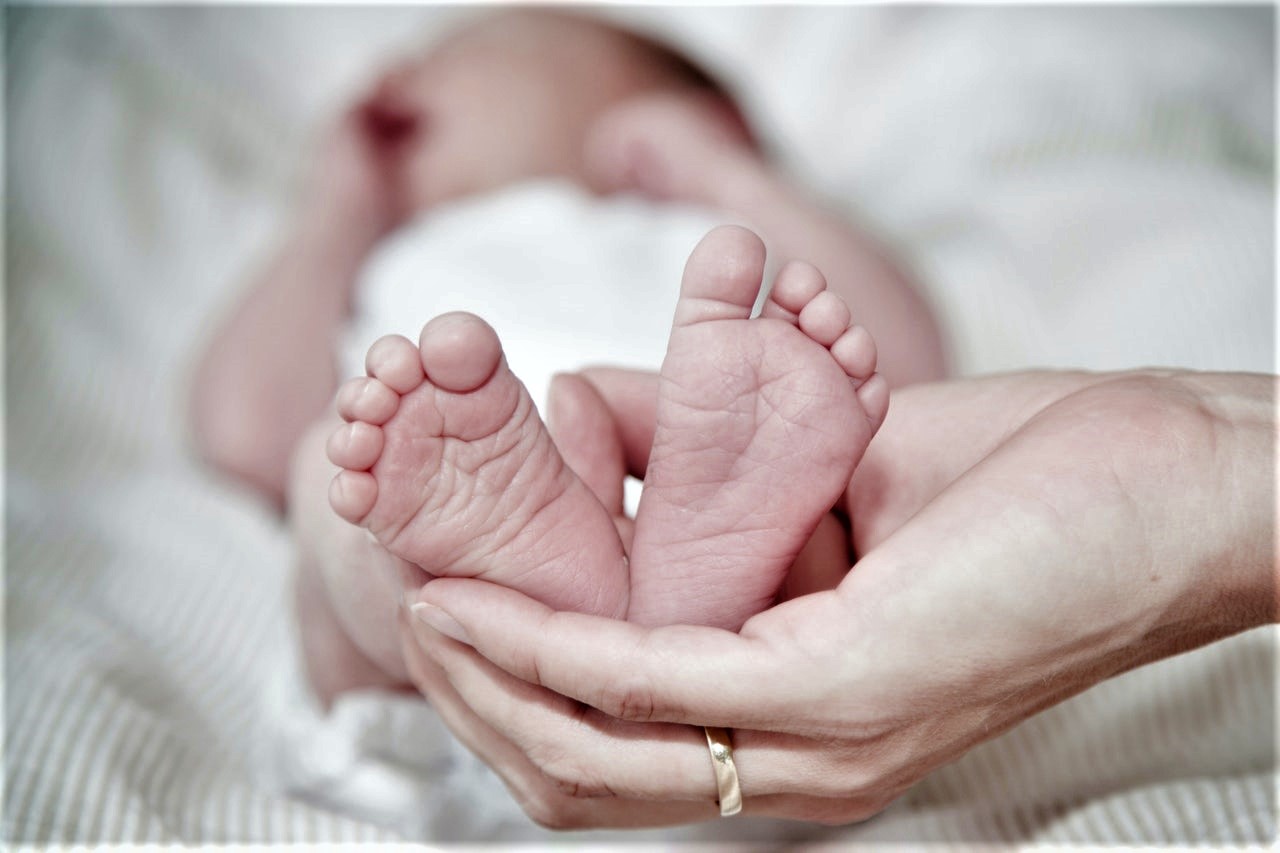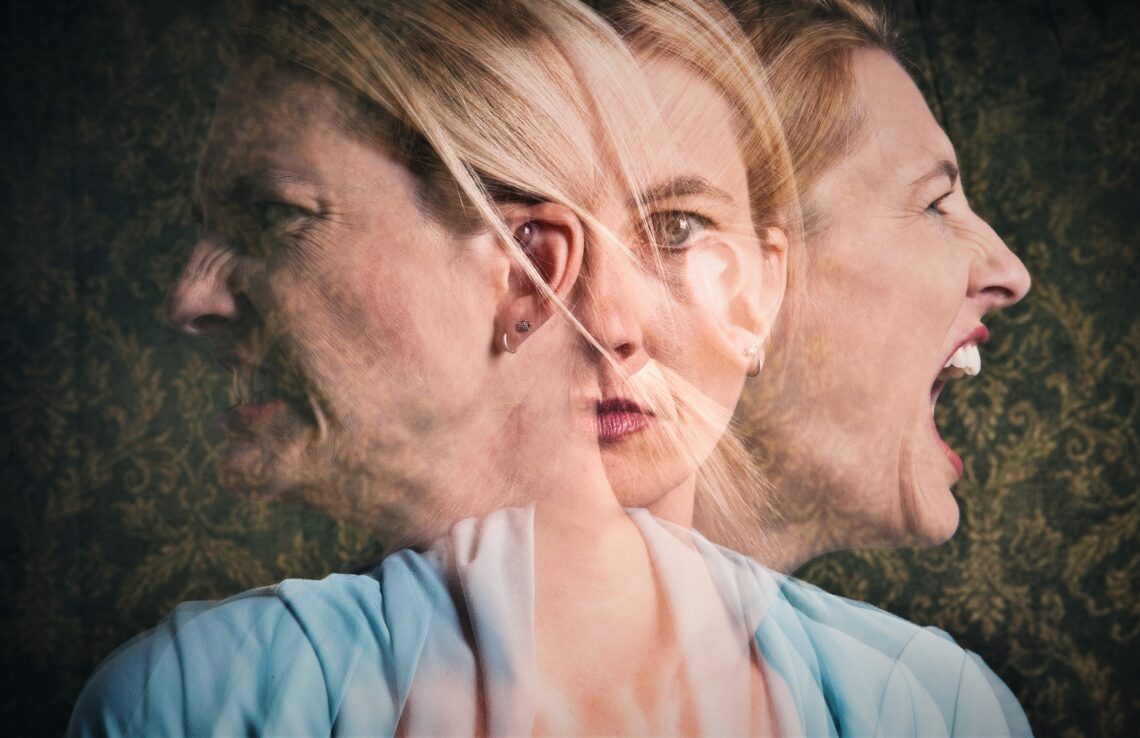[adinserter block=”1″]
Bipolar disorder, also known as manic-depressive disorder, is an illness that causes extreme mood swings and fluctuations between periods of sadness and depression and periods of hyperactivity, agitation and euphoria. This mood instability can significantly impair your life and make it difficult to work or maintain social relationships. Although bipolar disorder has been studied for over 100 years, there’s still a lot about it that medical researchers don’t understand, and many myths about it continue to exist. Here are some facts about this mental illness that may surprise you.
Types of Bipolar Disorder
[adinserter block=”3″]
There are many types of bipolar disorder and related disorders that may cause unpredictable changes in mood and behavior. Bipolar can be classified into two types, Bipolar 1 and Bipolar 2, both of which may include mania or hypomania and depression. It is possible to have more than one type of bipolar disorder. Cyclothymia is a mild form of bipolar disorder, characterized by periods of hypomania and depression that last at least two years without any break. Unspecified bipolar is diagnosed when there are clear symptoms but they don’t match up with the other types listed above. Bipolar with seasonal pattern, also known as recurrent brief depressive disorder (RBDD), occurs during certain seasons each year. People who suffer from this type of bipolar disorder experience normal moods for about 9 months out of the year then experience major depression for 3 months. One common misconception about bipolar disorder is that it can only cause personality changes such as aggression and irritability. In reality, people with this condition can develop many different personality traits including those described previously in addition to guilt, distrust, self-loathing and isolation.
[adinserter block=”2″]
Symptoms of Bipolar Disorder
[adinserter block=”1″]
There are three types of bipolar disorder. Bipolar with mixed features includes periods of both mania and depression. Rapid cycling bipolar is defined as four or more mood swings in a 12-month period.
What causes a sudden personality change? The answer to this question can vary depending on the individual, but it can be caused by medication, stress, sleep deprivation, other mental illnesses such as anxiety or substance abuse and triggers from friends, family members and co-workers. A personality change after being diagnosed with bipolar disorder may be due to changes in the brain structure brought on by the illness itself.
Can person with bipolar control their actions? The answer to this question can depend on whether they have been recently diagnosed or if they’ve had an episode recently. If so, the symptoms can cause significant distress for themselves and those around them. They will likely need medications to help stabilize their moods and behaviors before they can resume living normally again.
Can mental illness change your personality? Yes, when someone has an untreated mental illness for many years, they often struggle with thoughts that others would not consider common sense – or even realistic – which then impacts how they view themselves.
How can you tell when someone has changed their behavior because of bipolar disorder? When someone starts experiencing new symptoms out of nowhere like quick temper flares or withdrawing from social contact without good reason; these might be signs that something is going wrong with the individual’s mind that needs medical attention before things get worse
[adinserter block=”4″]
Causes of Bipolar Disorder
[adinserter block=”1″]
The causes of bipolar disorder are not well understood. There are some factors that may contribute to the development of bipolar disorder, including genetics and environmental factors like stress. Bipolar disorder is a lifelong condition and symptoms can vary in severity over time. For some people, it may be more difficult to control the mood swings with medication or other treatments because there are so many triggers for bipolar episodes. For example, sleep deprivation can trigger an episode while making you more vulnerable to mood swings. Drugs and alcohol can also cause changes in mood which can trigger an episode. For others, treatment options work effectively enough that they do not experience as many manic episodes as before their diagnosis. Medications may include antipsychotics or antidepressants among others depending on what symptoms are present. Talk therapy has been shown to help manage the disorder by helping reduce manic episodes when used along with medication
[adinserter block=”5″]
Treatment for Bipolar Disorder
[adinserter block=”3″]
The treatment for bipolar disorder can vary depending on the type of bipolar you have and other factors. Treatment for bipolar disorder may include medications, therapy, lifestyle changes, and more. It is important to work with your doctor or therapist to find the right treatment plan for you. You may also want to get support from family or friends. If you experience depression and can’t cope anymore, it can be dangerous. If someone close to you has bipolar disorder or another mental illness, it’s important that they know about any possible triggers that might affect them such as traumatic events in their lives or even a change in mood-altering medication. Mental illness can cause personality changes but these are generally temporary and don’t reflect who they are as a person in their everyday life . With proper treatment and support, people can recover fully from bipolar disorder.
[adinserter block=”6″]
Living with Bipolar Disorder
[adinserter block=”1″]
When you live with bipolar disorder, it can be hard to predict how you’ll feel at any given moment. Sometimes the changes are drastic and really impact your life in a negative way. For example, bipolar episodes can cause unpredictable personality changes. They may even lead to dangerous behaviors such as alcohol or drug abuse, violence and suicide attempts.
Many people also have trouble with impulse control when they’re experiencing a manic episode or mixed state of bipolar disorder because their judgment is compromised by an impaired ability to think rationally. In this instance, mania can cause the development of unhealthy habits such as gambling addiction or sexual promiscuity that continue even when the person is in a depressive episode. It can be hard to work, study or maintain relationships during these periods. But the upside is there’s treatment for bipolar disorder if you want it!
[adinserter block=”7″]





